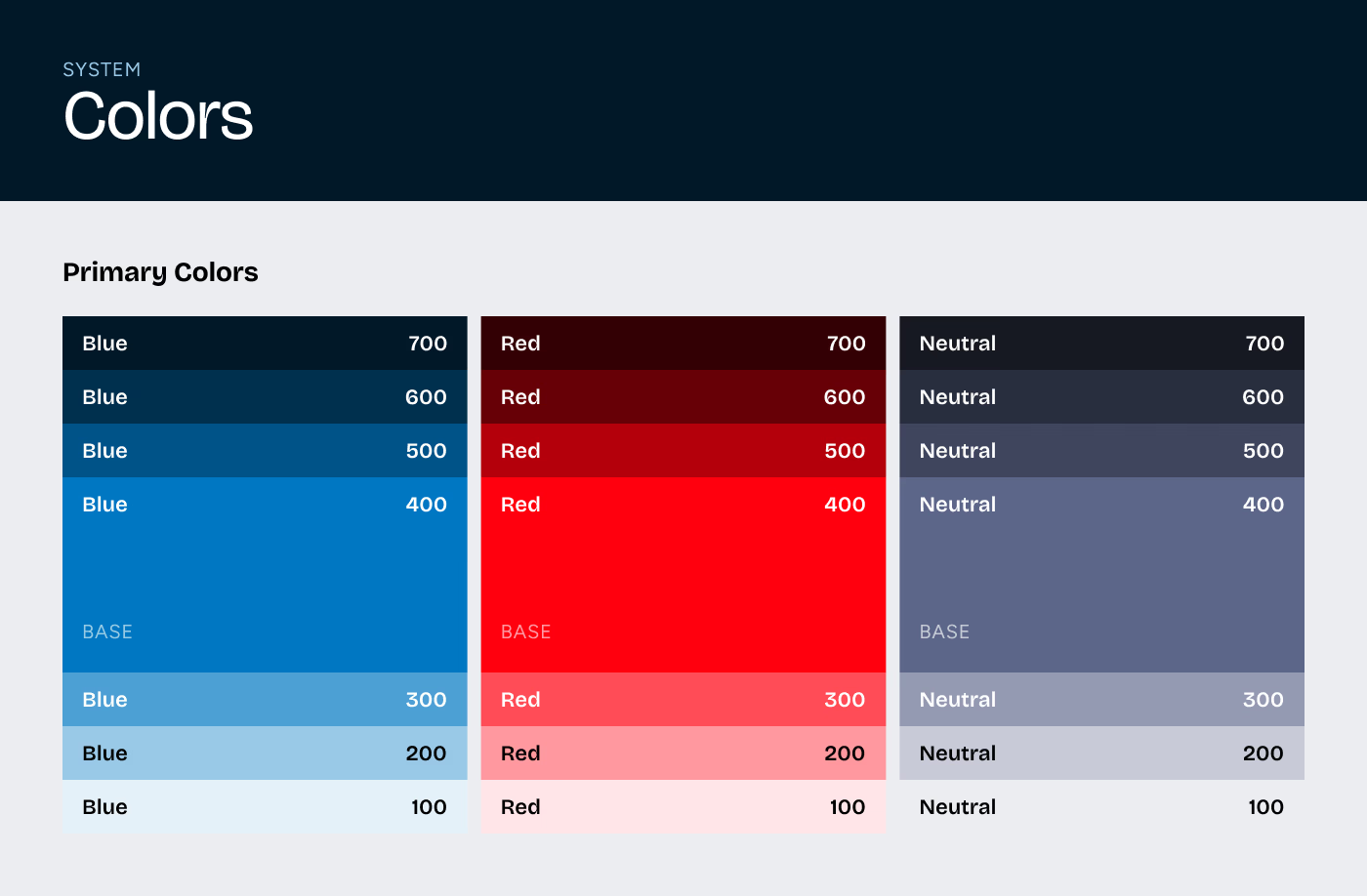When building robust and secure health software solutions, the Microsoft .NET technology stack has emerged as the go-to choice. Hire the right healthcare software development company.
The healthcare industry operates in a highly demanding and critical environment, where technology plays a vital role in delivering efficient and quality care. When it comes to building robust and secure software solutions, the Microsoft .NET technology stack has emerged as the go-to choice for mid-size healthcare organizations. In this article, we will explore the top five reasons why Microsoft .NET has gained such prevalence in the healthcare sector, empowering decision-makers to make informed choices for their organizations.
1. Robust and Scalable Development Framework
The healthcare industry deals with massive amounts of data that require seamless integration and efficient management. Microsoft .NET offers a robust development framework that enables the creation of scalable and secure applications. Its object-oriented programming model provides a solid foundation for building complex healthcare systems while maintaining stability and performance. The framework's flexibility allows developers to adapt and extend applications as organizational needs evolve, ensuring long-term viability.
2. Seamless Integration with Existing Infrastructure
Mid-size healthcare organizations often have complex existing infrastructures comprising various systems, such as electronic health records (EHR), laboratory management, billing, and more. Microsoft .NET simplifies integration challenges by offering extensive support for interoperability standards like HL7 and FHIR. The technology stack seamlessly integrates with diverse platforms and databases, enabling data exchange between different healthcare systems. This compatibility reduces implementation time and cost, facilitating a smooth transition for organizations.
3. Enhanced Security and Compliance
Patient data security is paramount in the healthcare industry. Microsoft .NET provides robust security features that protect sensitive information from unauthorized access, ensuring compliance with stringent healthcare regulations, including HIPAA. The technology stack includes built-in security controls, such as encryption, authentication, and role-based access controls, safeguarding patient data from breaches and mitigating potential risks. Its reputation for security and compliance makes Microsoft .NET an ideal choice for healthcare decision-makers.
4. Extensive Developer Community and Support
One of the key advantages of Microsoft .NET is its vast and active developer community. The technology stack boasts a large talent pool with expertise in healthcare application development, making it easier for mid-size organizations to find skilled professionals for their projects. The robust community also ensures continuous support, regular updates, and access to a vast library of open-source components and frameworks. This ecosystem allows healthcare organizations to leverage the collective knowledge and expertise of developers worldwide, accelerating the development process and driving innovation.
5. Cloud-Native Capabilities
Cloud adoption has revolutionized the healthcare industry, providing scalable and cost-effective solutions. Microsoft .NET offers comprehensive cloud-native capabilities through Azure, the leading cloud computing platform. Utilizing Azure's powerful services, healthcare organizations can leverage auto-scaling, disaster recovery, and data analytics capabilities. Microsoft's commitment to cloud innovation ensures that healthcare decision-makers can deploy modern, agile solutions while reducing infrastructure costs and improving overall operational efficiency.
In an ever-evolving healthcare landscape, decision-makers in mid-size organizations must carefully select technology stacks that empower them to deliver optimal patient care, maintain data security, and improve operational efficiency. Microsoft .NET, with its robustness, seamless integration, enhanced security, extensive developer community, and cloud-native capabilities, has established itself as a dominant force in the healthcare industry. By harnessing the power of Microsoft .NET, healthcare organizations can navigate the complexities of the industry while positioning themselves for future growth and innovation.



